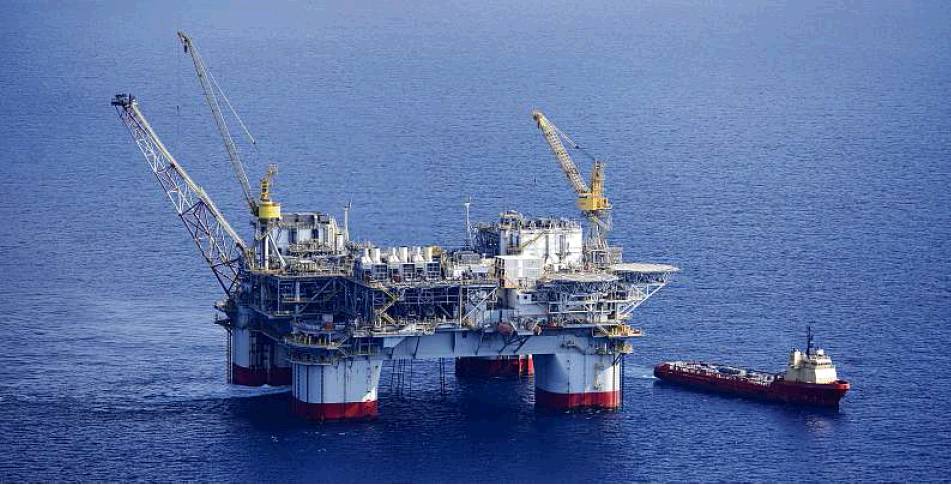COMMENTARY
Gulf lease sale ruling sets up a lose-lose situation
By Steve Hendrickson
Last week, the U.S. District Court for the District of Columbia released a ruling that overturned the results of last fall’s federal lease sale for drilling in the Gulf of Mexico. The court found that the Bureau of Offshore Energy Management had failed to properly consider the impact on climate change from the consumption of the oil and gas that might ultimately be produced from the leases.
Two regulatory frameworks established by congressional legislation affect the decision. The first is the Outer Continental Leasing Act (OSCLA) which addresses the exploration and development of federal waters for oil and gas production, and the second is the National Environmental Policy Act (NEPA) which requires Federal agencies to consider the environmental impact of their various actions. Whereas OSCLA addresses the environmental impacts of the leasing activity itself, the court reasoned that NEPA requires a broader consideration of the “post-consumption” effects.
In late 2020, the BOEM decided that previous environmental impact statements relating to Gulf of Mexico lease sales were adequate for future lease sales, and in the final days of the Trump administration announced its intention to hold the lease sale. The Biden administration put a hold on all federal leasing activity immediately after taking office, but legal challenges to the action resulted in the rescheduling of the lease sale. It was held last November, but leases have not yet been awarded.
At issue in the previous environmental impact statements is how the production of oil and gas these leases would affect foreign oil and gas consumption and the greenhouse gases that would result. The Bureau of Offshore Energy Management argued greenhouse gas emissions would increase without the Gulf of Mexico development, because the lost production would be offset (at least in part), by production in other parts of the world, and those activities would be more carbon-intensive than production from the deepwater Gulf. (Indeed, in a recent conversation with a major oil company executive, he mentioned that deepwater Gulf of Mexico production is some of the lowest carbon intensity production globally.)
Where the Bureau of Offshore Energy Management ran afoul of the court, however, is that one of their models indicated that foreign consumption would be higher if the lease sale was held. The bureau chose to exclude this consumption in its assessment of the environmental impact of the sale, however, and the court held this was arbitrary and capricious. Since the Bureau of Offshore Energy Management had not adequately considered the full environmental impact of the sale, it should not have been allowed to proceed.
The approach by the plaintiffs to use the courts to reduce domestic supply to reduce emissions is very troubling. So long as OPEC+ coordinates their output, there isn’t a global free market in oil, and an economic model that assumes one probably isn’t reliable. It seems likely to me that countries with productive capacity will fill the supply void caused by this decision.
We’ll end up with lower economic activity at home and increased reliance on foreign sources, yet we’ll be no better off from an emissions perspective. Sounds like a lose-lose proposition to me.
Steve Hendrickson is president of Ralph E. Davis Associates, a petroleum engineering firm and unit of Opportune LLP, a Houston energy consultancy.

